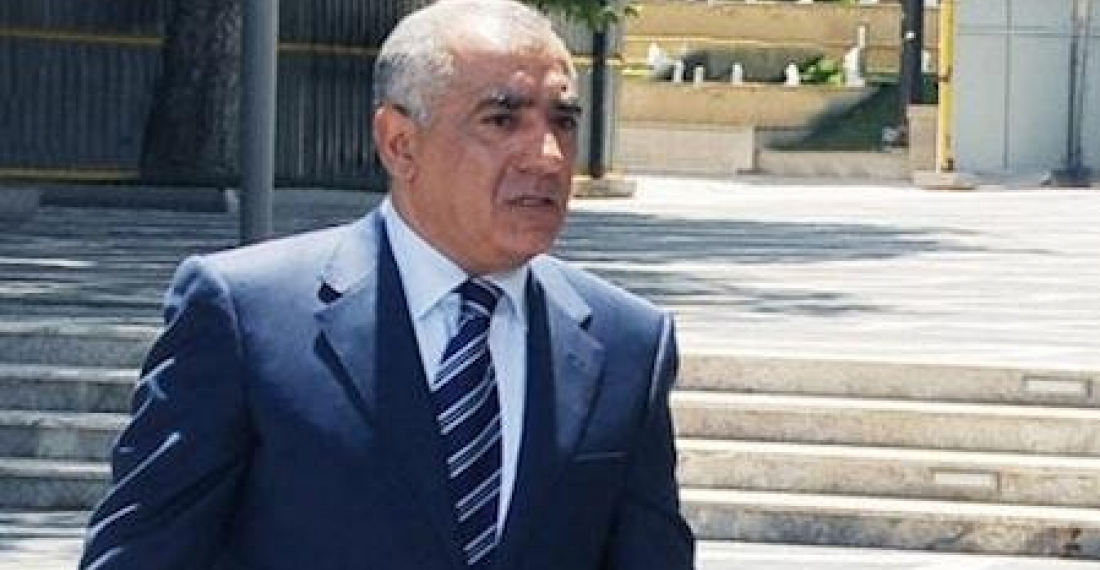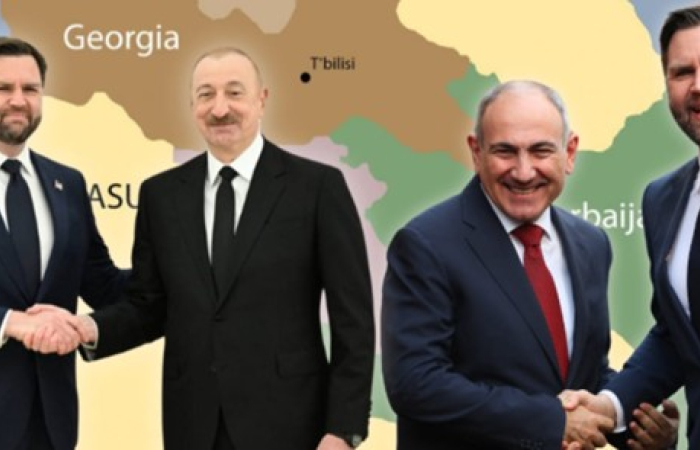Updated at 1030 GMT
The Azerbaijan Parliament, the Milli Meclis, on Tuesday morning (8 October) approved the nomination of Ali Asadov as the country's new prime minister. The nomination was sent to the parliament by president Ilham Aliyev following the resignation of Novruz Mammadov who held the position of prime minister for the last eighteen months.
There were no official explanations of Novruz Mammadov's resignation, but the website Haqqin Az, which is closely connected to Azerbaijani ruling circles, ran a commentary by its founding editor Eynulla Fatulayev which claimed that Mammadov had failed in the task of turning round the Azerbaijani economy. It said:
"For one and a half years, the prime minister was unable to reorganize the work of the government and increase its effectiveness, to turn the Cabinet of Ministers into a locomotive of economic reforms initiated by the president. Economic and financial reforms stalled and called for constant personal intervention from the president. Without the president, things did not move. Moreover, N. Mammadov could not achieve an improvement in macroeconomic indicators, in particular, an increase in the growth rate of the gross domestic product, as the president repeatedly insisted."
Haqqin.az said that Novruz Mammadov "will remain ïn the ranks of the ruling team".
The new prime minister, Ali Asadov, thanked the members of parliament for approving his candidacy and promised to do his utmost to justify their trust.
Biography of the new prime minister
Asadov Ali Khidayat oglu was born on November 30, 1956 in Nakhchivan. In 1974 he graduated from secondary school No. 134 in Baku, and in 1978 he graduated from the Moscow Institute of National Economy. He began his career in 1978 as a senior laboratory assistant at the Institute of Economics of the Academy of Sciences of the Azerbaijan SSR. He served in the army in 1978-1980.
In 1980-1989, he worked at the Institute of Economics of the Academy of Sciences of the Azerbaijan SSR as a senior laboratory assistant, graduate student, junior researcher, research associate, and in 1989-1995 - assistant professor, head of the department of the Baku Institute of Social Management and Political Science.
In 1995-2000 he was a deputy of the Milli Majlis of the Republic of Azerbaijan.
By the decree of the President of the Republic of Azerbaijan dated April 17, 1998 he was appointed Assistant to the President of the Republic of Azerbaijan on economic issues. By a presidential decree of November 29, 2012, he was appointed deputy head of the Presidential Administration of the Republic of Azerbaijan.
----
The prime minister of Azerbaijan, Novruz Mammadov has resigned. Azerbaijani media reported the resignation on Tuesday morning without further explanation.
Shortly afterwards it was reported that the Assistant to the President for Economic Affairs, Ali Asadov, has been nominated for the post. His appointment was sent to the Azerbaijani parliament for approval by president Ilham Aliyev.
source: commonspace.eu with agencies
photo: Ali Asadov (archive picture)







